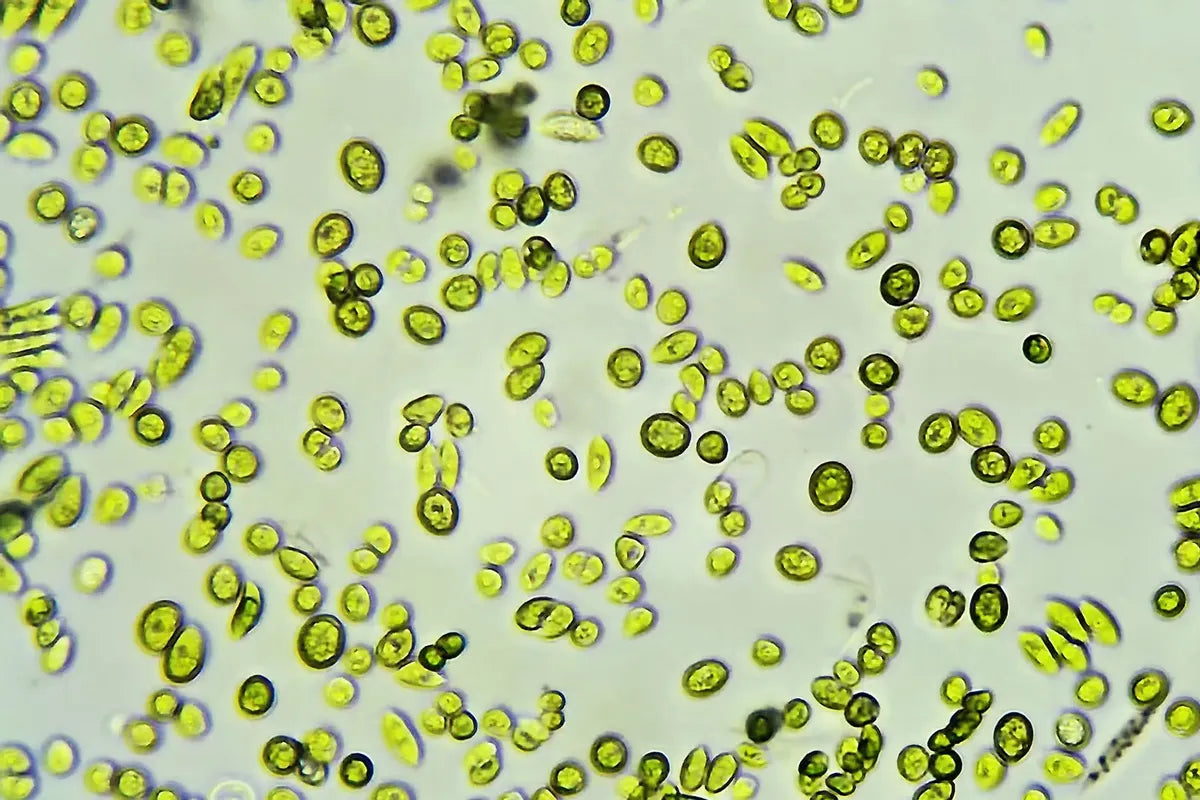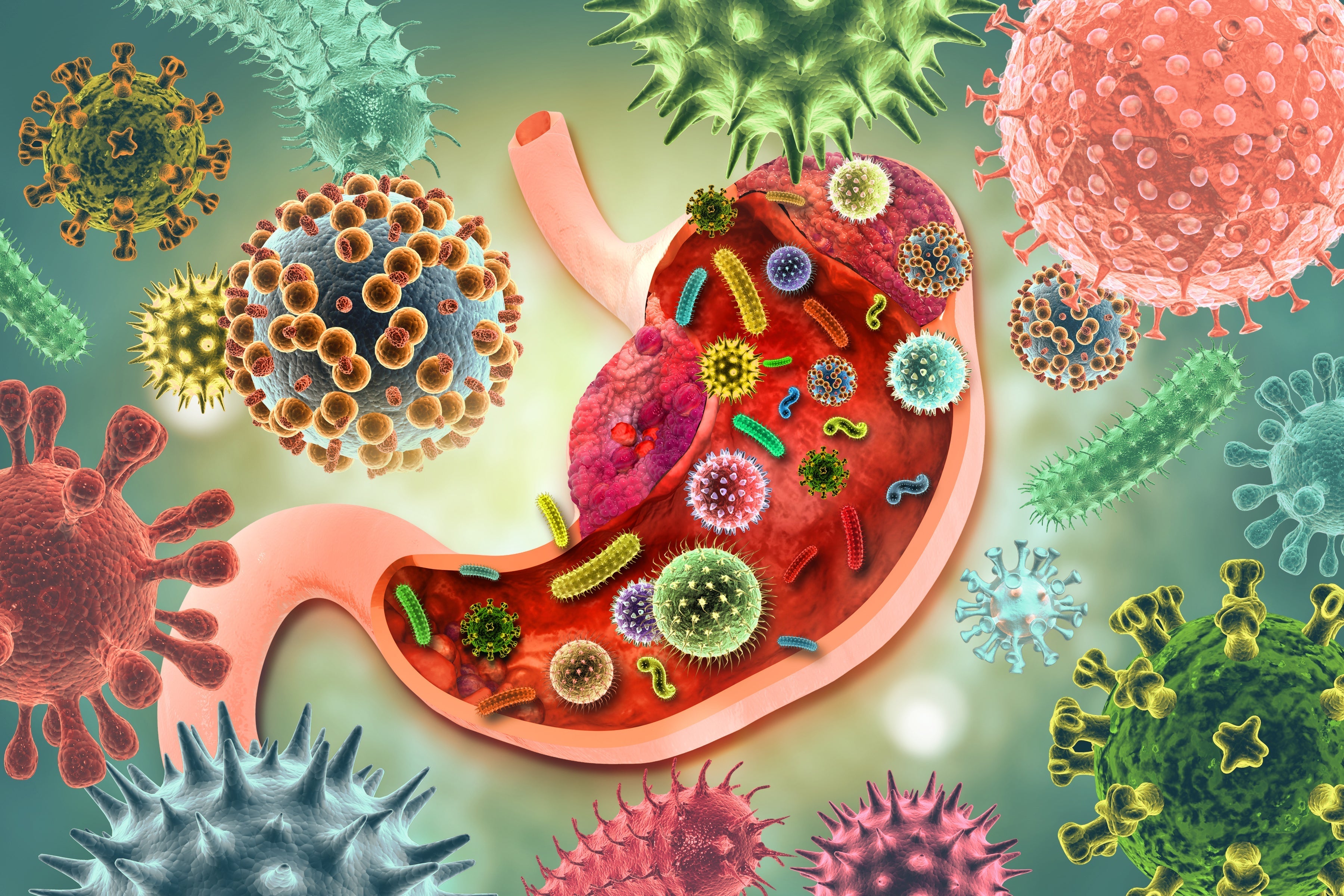TITLE: How Inflammation Works: Cardiovascular Conditions
AUTHOR: Eleanor Good (Student Nutritionist)
Cardiovascular disease generally refers to conditions that involve narrowed or blocked blood vessels that can lead to a heart attack or stroke1.
A heart attack occurs when the blood flow to the heart is blocked
A stroke occurs when blood flow to the brain is interrupted. Most strokes are caused by an abrupt blockage of the arteries that supply oxygenated blood to the brain.
Risk factors for cardiovascular disease include smoking, poor diet, diabetes and hypertension. It’s long been recognised that maintaining low blood glucose, low-density-lipoprotein (LDL) cholesterol levels and blood pressure are all important for cardiovascular disease prevention, however advances over the past two decades have seen the attention shift to focusing on lowering chronic systemic inflammation as it is now understood to be a causal factor for the development of atherosclerosis2-4.
Atherosclerosis refers to the build-up of fats, cholesterol and other substances, collectively referred to as plaque, on the artery walls. This plaque restricts blood flow, by both narrowing and stiffening the artery. This increases the likelihood of your arteries becoming blocked and oxygen-rich blood being unable to reach your organs, thus resulting in heart attack, stroke or even death5.
The role of inflammation in heart attack and stroke
Exactly how inflammation plays a role in heart attack and stroke remains a topic of ongoing research, however it is believed that inflammation is thought to be the body’s response to atherosclerotic plaque6.
This inflammatory response can be likened to if we were to get a splinter in our finger. Our body would launch an attack on the foreign object (the splinter) that would result in redness and swelling to kill the bacteria and rid the body of the intruder. Similarly, the body perceives atherosclerotic plaque as abnormal and foreign, therefore it tries to get rid of the plaque from the artery. However, under the wrong set of circumstances, the plaque may rupture, triggering a blood clot formation which could lead to heart attack or stroke.
Does what we eat effect the health of our heart?
Yes! A diet that is primarily plant-based and rich in fruits, vegetables, legumes, wholegrains and healthy fats – like those from extra virgin olive oil and avocado – with only moderate amounts of meat and highly refined and processed foods, is associated with a lower risk of cardiovascular disease.
What I have described here, is best known as a Mediterranean diet and it is a pattern of eating that is high in nutrients such as antioxidants and polyphenols which help to lower markers of inflammation in our body.
To learn more about the role of inflammation in different autoimmune, neural and endocrine conditions, continue reading our series by student nutritionist Eleanor Good, How Inflammation Works: Autoimmune Conditions.
To skip the series and instead learn more about a Mediterranean Diet and how to fight inflammation with food, read our article from Registered Dietitian, Andy de Santis, on the foods he recommends to combat inflammation.
The information provided in this article is intended for educational purposes only and is general advice. It should not, nor is it intended to be, relied on as a substitute for individual medical advice or care. If the contents of this, or any other of the blogs in this series raises any concerns or questions regarding your health, please consult a qualified healthcare practitioner.
References
- https://www.heartresearch.com.au/heart-disease/what-is-heart-disease/#:~:text=Cardiovascular%20disease%20generally%20refers%20to,considered%20forms%20of%20heart%20disease.
- Libby, P. (2006). Inflammation and cardiovascular disease mechanisms. Am J Clin Nutr, 83(2), 456S‐460S. doi:10.1093/ajcn/83.2.456S
- Willerson, J. T. & Ridker, P. M. (2004). Inflammation as a Cardiovascular Risk Factor. Circulation, 109(21). https://doi.org/10.1161/01.CIR.0000129535.04194.38
- Conti, P., & Shaik-Dasthagirisaeb, Y. (2015). Atherosclerosis: a chronic inflammatory disease mediated by mast cells. Central-European journal of immunology, 40(3), 380–386. https://doi.org/10.5114/ceji.2015.54603
- https://www.nhlbi.nih.gov/health-topics/atherosclerosis
- https://www.heart.org/en/health-topics/consumer-healthcare/what-is-cardiovascular-disease/inflammation-and-heart-disease


















































